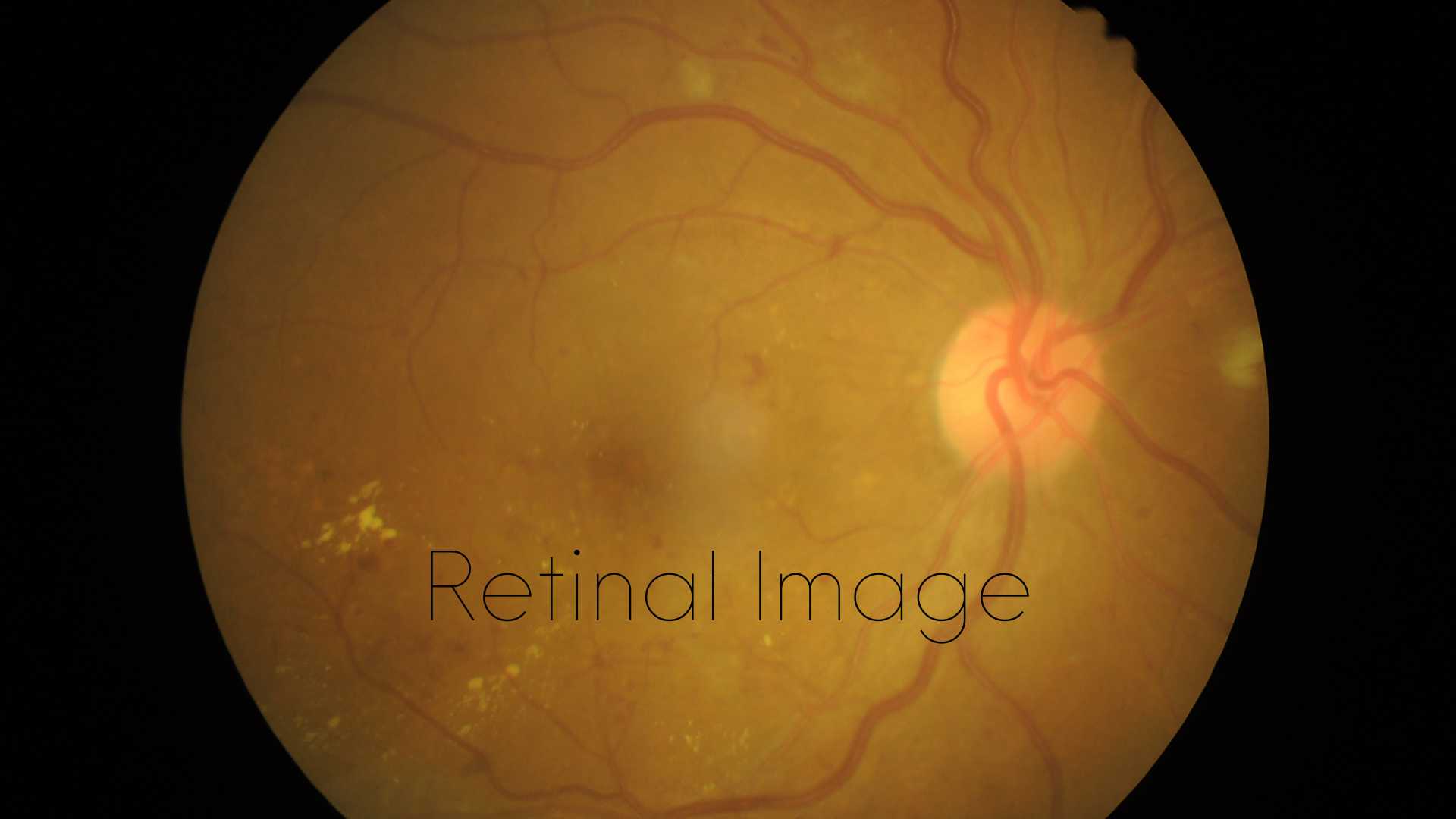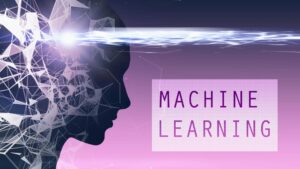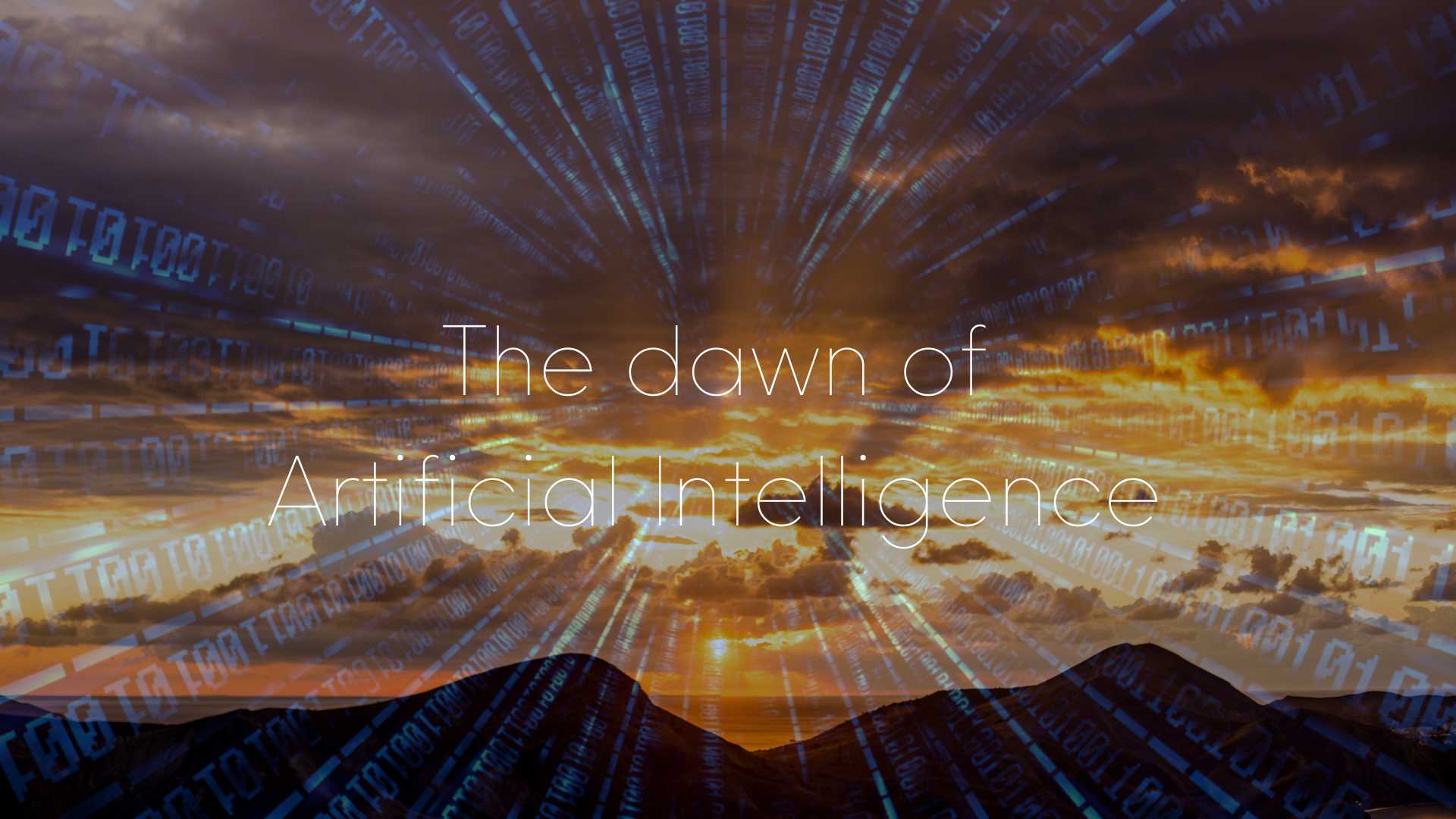What is AI? (for non-computer people)
Artificial Intelligence (AI) is a term that’s becoming hard to avoid lately, and yet, its meaning often remains unclear to many. I was talking to a client recently who is a long-time business owner who knows his biz but as he says; “computers aren’t really his thing”
He asked me “What is ChatGPT and what is AI?”
I explained as well as I could but found myself using technical jargon that he just didn’t get.
I was inspired to write this post since AI is becoming more and more prevalent for marketing and customer interaction.
In this post I aim to break AI down into understandable parts for my non-computer peeps, removing the technobabble and hopefully making AI a little more understandable to everyone.
What is AI?
AI, or “Artificial Intelligence” is essentially a computer program that has been “taught” by reading a vast amount of text from books, articles, and websites.
It learns patterns in how humans communicate, allowing it to generate responses that can be remarkably human-like. Using that learned information, the AI can make decisions or suggest predictions based on the instructions the user provides.
Here’s a real-world example:
Diabetic retinopathy is a diabetes complication that affects the eyes and is caused by damage to the blood vessels of the light-sensitive tissue at the back of the eye (retina). It’s a leading cause of blindness among adults.
Google developed an AI solution that analyzes retinal images to detect signs of diabetic retinopathy.
This AI system was trained on a large set of retinal images that were labeled with the presence or absence of the disease, learning to identify the subtle patterns and indicators that even experienced human observers might miss.
The AI processes the images and evaluates them for signs of diabetic retinopathy, grading its severity on a scale.
This AI-driven approach enables early detection of the condition, which is crucial since early intervention can significantly reduce the risk of blindness. By analyzing the retinal images, the AI system can suggest a diagnosis, allowing healthcare providers to take appropriate action sooner.
Rather than relying solely on the doctor’s memory of past retinal scans for comparison, or manually contrasting a patient’s retinal image with a limited number of scans, AI tools, like Google’s for retinal imaging, can be used to compare a patient’s scan against thousands of others.
This process leverages the AI’s capability to detect intricate patterns and indicators of disease progression efficiently. By doing so, it significantly enhances the precision and speed of diagnoses for conditions such as diabetic retinopathy, beyond what is feasible through traditional methods.
Will the AI replace the doctor?
It’s unlikely that AI will replace doctors (or lawyers or writers) in the foreseeable future, primarily because AI systems require expert knowledge from medical professionals to learn and make accurate predictions.
These technologies are designed to complement, not substitute, the expertise of doctors by handling data-intensive tasks more efficiently. As a result, AI can free up doctors to spend more time on direct patient care and focus on developing more personalized treatment plans.
Ultimately, the integration of AI in healthcare is seen as a partnership that enhances the capabilities of medical professionals rather than replacing them.”
How does AI work?
This process of learning & making decisions is called machine learning, and by providing it new information as it becomes available makes the AI output better.
After learning from data, AI can make decisions. For example, an AI designed for financial forecasting analyzes past market trends to predict future movements.
AI can automate tasks, from answering customer inquiries to scheduling meetings, freeing up humans to focus on more complex problems.
What can AI do for a business?
- Data Analysis: AI can process and analyze more data than a human ever could, providing valuable insights that can help businesses make strategic decisions.
- Personalization: AI tailors experiences to individual users, like suggesting products based on past purchases, enhancing customer satisfaction.
- Efficiency: By automating routine tasks, AI software increases efficiency, reduces errors, and lowers operational costs.
What is ChatGPT? (or Gemini or Copilot or Claude, etc.)?
These are all AI tools designed for a wide audience, encompassing individuals, businesses, and developers..
ChatGPT is an AI tool developed by a company called OpenAI.
Gemini is Google’s tool.
Copilot is Microsoft’s tool.
Conclusion
This “dawn of Artificial Intelligence” that we’re experiencing isn’t the script of a sci-fi movie (looking at you Skynet); it is our new reality that is becoming the backbone of modern business innovation.
From transforming how we understand and utilize data to personalizing customer experiences and streamlining operations, AI is a powerful tool moving us towards a future where our capabilities are not replaced, but remarkably enhanced.
Whether you’re a “level 10 techie” or a business person looking to better promote your company, understanding and leveraging AI will be key to navigating this new era and securing a competitive edge in the business world.
The future isn’t just coming; it’s here, and it’s powered by AI.



